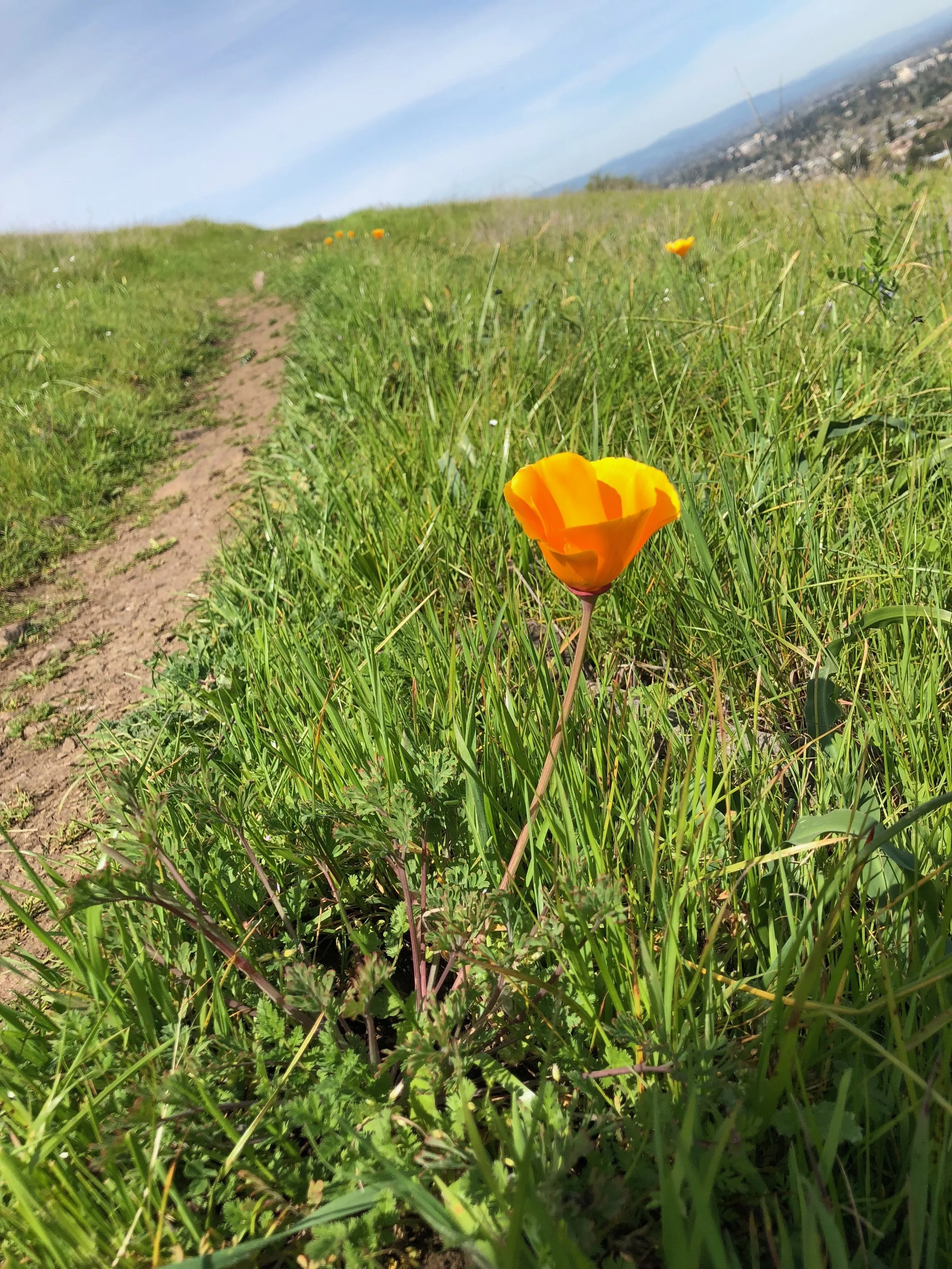Mental Health
May is Mental Health Awareness Month. Many might wonder why this is necessary, we know there are mental health issues, but why do we need to raise awareness? Maybe we don’t feel like it’s relevant to our lives, or it’s rare within our population so we don’t need to know about it. Unfortunately, that’s where we would be wrong. Mental health disorders affect a large percentage of the population. In 2014, 59.8 million people with a mental health disorder as their primary diagnosis visited their physician; additionally, there were 5 million emergency room visits for patients with a mental health disorder as their primary diagnosis (CDC,2017). Furthermore, according to the Substance Abuse and Mental Health Services Administration (SAMHSA), 18.1% of adults aged 18 and over have some form of mental illness, and 8.4% have a substance abuse disorder. These statistics suggest it is likely that we know someone with a mental health disorder, and presents an opportunity for us to increase awareness and decrease the stigma.
Mental health disorders cover a diverse spectrum that can include anything from anxiety or paranoia to bipolar disorder, schizophrenia, OCD, and addiction, with many others falling in between. Mental health disorders can be difficult to diagnose, and even more, they can be hard to treat. For many patients, the side effects from the medications are often worse than the symptoms they experience from their disorder. This makes them less likely to take their medications as prescribed, making them less effective and potentially causing complications. However, not all mental health disorders need to be managed with prescriptions. Some, depending on severity, can be positively affected through changes in lifestyle. A study in Korea looked at the effects of exercise on patients categorized as mild to moderately depressed and found that exercise had a similar positive effect on patients compared to those prescribed antidepressants (Park, Oh, Oh, Jung, Na, Lee, & Park, 2014). This is relevant because it provides an option for patients who may avoid seeking treatment due to the fear of medication side effects. While this study only looked at the effects of exercise on depression, it is a valid option for many people.
Another study conducted by Pearson and Craig (2014) explored the benefits of being exposed to nature on people with depression and anxiety. This experiment found people who had access to areas with green space reported decreased symptoms compared to people living in rural areas. Similarly to the exercise study described above, this creates an alternative treatment option for those uncertain of pharmacological methods, or who may have contraindications for medication.
Raising awareness for mental health issues is critical to help people receive appropriate treatment. In addition to fear of pharmacological interventions, many people are afraid of seeking help due to the stigma within our society and among various cultures. By creating a positive and judgement free culture, we are able to allow people suffering from mental health disorders to feel safe and comfortable to seek help. Whether this help is from family, or medical professionals, this population needs support. Mental health disorders do not just affect the patient, but often affect entire families as well. Changes to our system need to be made to provide patient and family centered care that allows for a flow of information to help these patients live optimal lives.
This topic is much more complex than is possible to discuss in this post; however, highlighting the links between psychological, physiological, and social aspects of this issue is important for raising awareness and increasing support.
References:
A. (2014, June 20). Mental and Substance Use Disorders. Retrieved from https://www.samhsa.gov/disorders
National Center for Health Statistics. (2017, May 03). Retrieved from https://www.cdc.gov/nchs/fastats/mental-health.htm
Park, S.-C., Oh, H. S., Oh, D.-H., Jung, S. A., Na, K.-S., Lee, H.-Y., … Park, Y. C. (2014). Evidence-Based, Non-Pharmacological Treatment Guideline for Depression in Korea. Journal of Korean Medical Science, 29(1), 12–22. http://doi.org/10.3346/jkms.2014.29.1.12
Pearson, D. G., & Craig, T. (2014). The great outdoors? Exploring the mental health benefits of natural environments. Frontiers in Psychology, 5, 1178. http://doi.org/10.3389/fpsyg.2014.01178
















